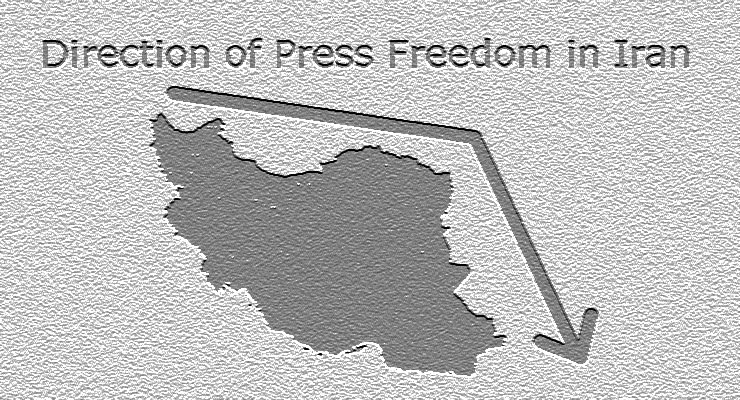
A U.N. human rights expert says his efforts to highlight Iranian harassment of BBC Persian service journalists are unlikely to result in the world body acting against Iran.
David Kaye, the U.N.’s special rapporteur on the promotion and protection of the right to freedom of opinion and expression, spoke with VOA Persian in a Monday interview.
Asked what the world body would do next after he raised the issue of Iran’s treatment of BBC Persian in an October 22 speech to the U.N. General Assembly’s 3rd Committee, he said: “To be honest, I don’t expect the 3rd Committee to do all that much.”
“Normally, one would expect that in the case of a human rights crisis or of rights violations, the General Assembly or its Human Rights Council would issue a resolution or something like that. I don’t expect that to happen here,” Kaye said.
In his remarks about the safety of journalists to the UNGA’s 3rd Committee on social, cultural and humanitarian affairs, Kaye said: “Iran continues to crack down on journalists and media — including on the BBC Persian service — not just the reporters but their families.”
Kaye’s comments drew a strongly-worded response from Iran’s delegate to the committee, Zahora Ershadi. She said Iran sees itself as a victim of “media warfare” funded by “adversarial governments” such as Britain, whom she accused of using the BBC for “pumping blind hate, fabricated, false news, and provoking disruption and destruction.”
“It is regrettable that the special rapporteur avoids recognizing these harmful characteristics and the abuse of media and internet platforms,” Ershadi said.
The BBC made an unprecedented appeal to the U.N. Human Rights Council in March to stop what it called Iranian harassment of its London-based Persian service staff and their families in Iran. “The BBC is taking the unprecedented step of appealing to the United Nations because our own attempts to persuade the Iranian authorities to end their harassment have been completely ignored,” said BBC Director General Tony Hall at the time.
The BBC submitted the complaint after revealing last year that Iran had opened a criminal investigation into 150 BBC staff, former staff and contributors for “conspiracy against national security.”
Speaking to the Monday edition of VOA Persian’s News at Nine show from London, BBC Persian correspondent Kasra Naji said he and his colleagues in the West still face the conspiracy charge in Iran. “We are banned from engaging in any kind of financial transactions in the country,” Naji said. “That’s not so important to us (financially), but it hurts our families in Iran, because they cannot sell our properties to other family members. So we’re calling on Iranian authorities to remove this ban.”
Naji also said Iran has made some progress in dealing with the problem.
“During the past year, the harassment of our families in Iran has declined,” Naji said. He cited the positive influence of U.N. Secretary-General Antonio Guterres, who submitted a February report to the Human Rights Council, calling on Iran to “cease all legal action against the BBC staff and their families, and to end the use of repressive legislation against independent journalism, whether affiliated to the BBC or not.”
Kaye said he expects another U.N. human rights expert, the Special Rapporteur on the situation of human rights in Iran Javaid Rehman, to raise the issue of Iranian harassment of BBC journalists and their families in addition to other human rights problems in the country. Rehman was appointed to the role in July.
“The continued authorization of the mandate of the Special Rapporteur on Iran is a message that the international community considers the human rights situation in Iran very seriously,” Kaye said.
VOA Director Amanda Bennett, in a conversation with VOA Persian’s News at Nine show, said harassment of journalists is increasing around the world in a bid to control their reporting. “We find this absolutely unacceptable, that journalists working out of different countries have pressure put on their families back home,” she said.
Bennett said large international news organizations and NGOs are trying to figure out how they can collaborate to stop governments from targeting journalists with harassment or violence. “We are finding that when we work together to get our message out, that a free press is essential to free society and that we should not be targeting journalists like this, we find that it is effective in places,” Bennett said.
This article originated in VOA’s Persian Service.
Leave a Reply